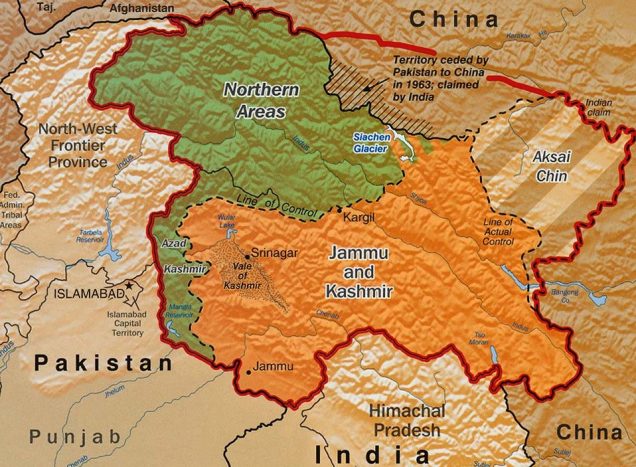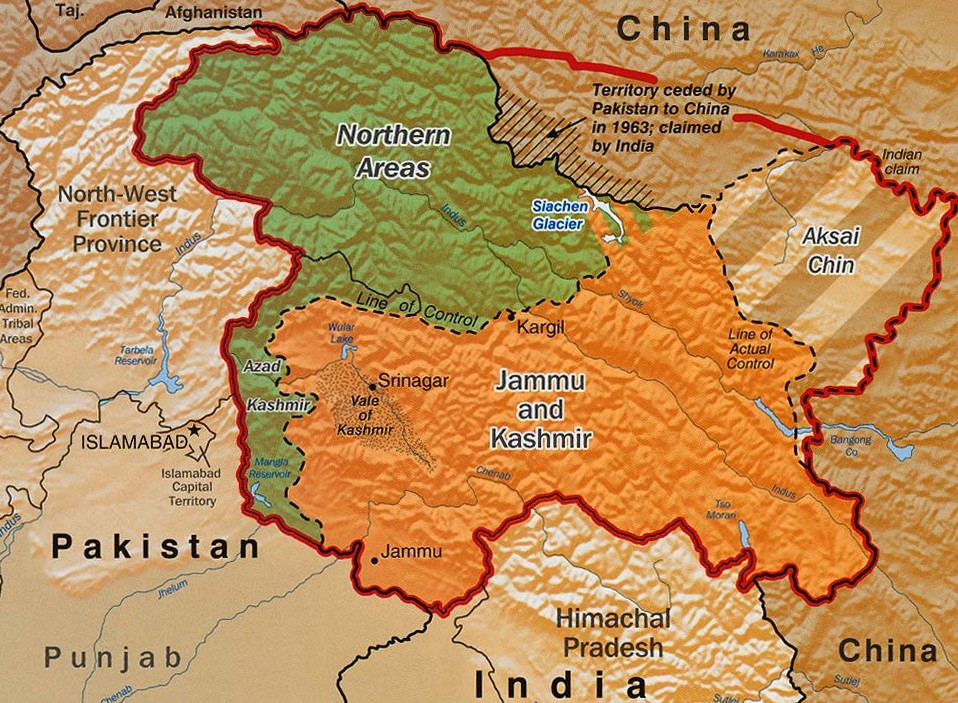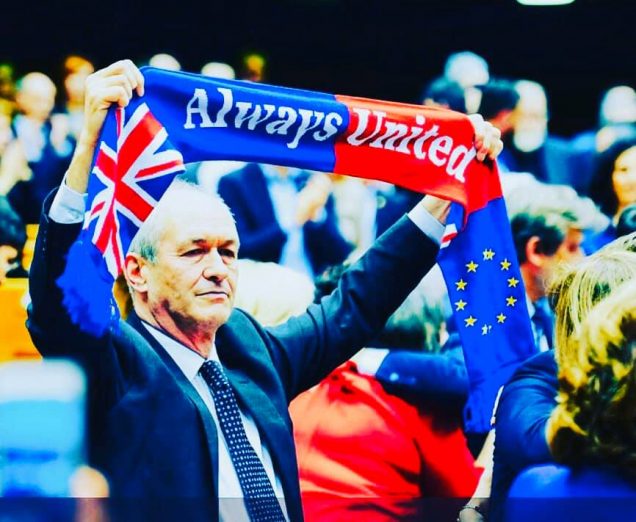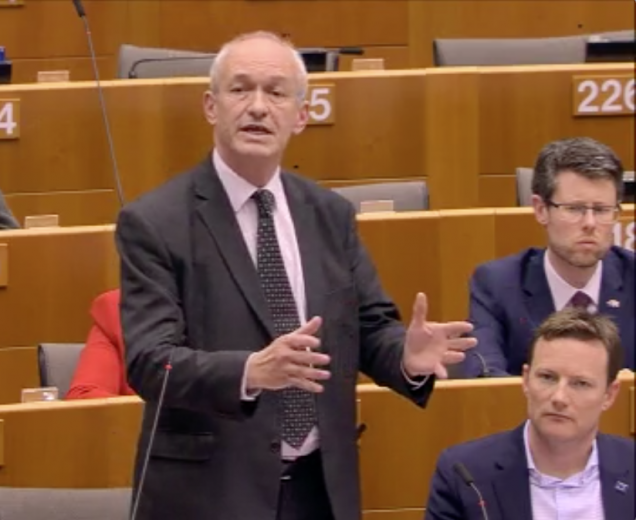The Kashmir issue has long been neglected by the international community, despite the very clear UN Security Council resolutions that require the issue to be settled by a referendum of the Kashmiri people themselves.
But, now, the world cannot ignore the situation. India’s unilateral measures changing the status of the part of Kashmir under its control and dividing the territory into two separate entities by removing Ladakh from Kashmir, while at the same time sending in tens of thousands of extra troops, risks inflaming an already tense and volatile situation.
Already the UN Human Rights Report on Kashmir of June 14 2018, updated on 8 July 2019, highlighted the dramatic situation in which the Indian army in Kashmir acts with legal impunity, facing no legal consequences for using pellet guns as a means of crowd control despite them blinding and even killing numerous protesters, nor needing to face charges for the numerous allegations of sexual violence, abductions, or attacks on journalists. That situation has been exacerbated by the sending of yet more troops, the expulsion of foreign visitors (including media), and a media and communications blackout, even cutting off communications via internet and telephone.
The international community must take this issue up in no uncertain terms. Donald Trump’s offer to mediate, while not very credible coming from him, highlights the fact that this is no mere bilateral matter. Some 20 percent of the world’s population live in India and Pakistan, two nuclear armed states, and the consequences of any escalation of the crisis could be enormous.
The UN Security Council must return to the issue.The EU must use the leverage it has in the trade negotiations underway with India. It should also look at travel sanctions on the perpetrators of human rights violations in Kashmir. Britain should be part of that effort and should also use its bilateral and Commonwealth channels.
Whilst de-escalation of tension, reversal of the unilateral constitutional changes and an end to human rights violations, must be the immediate priority, ultimately the underlying causes of the conflict must be addressed. The Kashmiri people must decide their own future, but do it in a context of reconciliation and tolerance. Europe’s experiences in reconciling former enemies show that such things are possible. Britain and Ireland’s experience from the Northern Ireland peace process, as regards setting up cooperative structures between the UK and Irish governments, power sharing, and granting everyone there the right to either (or both) passports could also help.
But the key is to persuade India that it is in its own interests to settle the conflict. And it is, for three reasons:
- the enormous cost of its military deployment in Kashmir
- the blemish to its reputation created by the deteriorating human rights situation
- the enormous human, economic and political benefits of resolving this long standing conflict which has held up cooperation in South Asia
We all need to make that case.







4 Comments